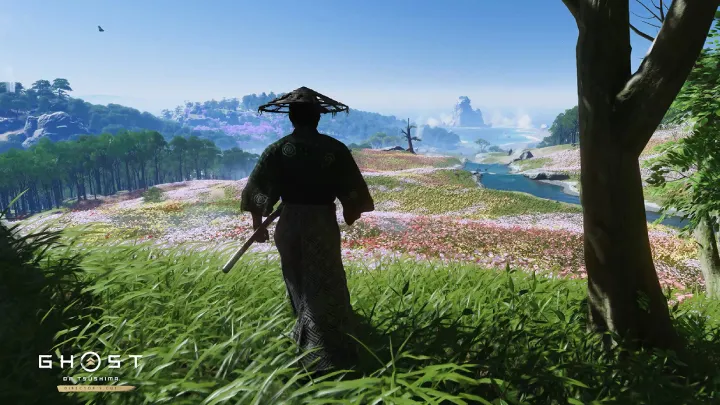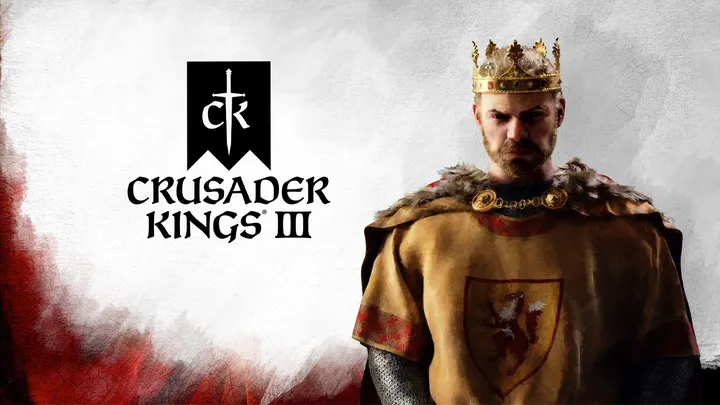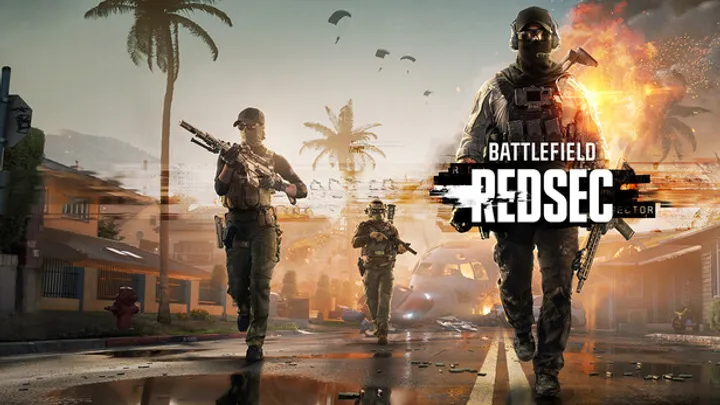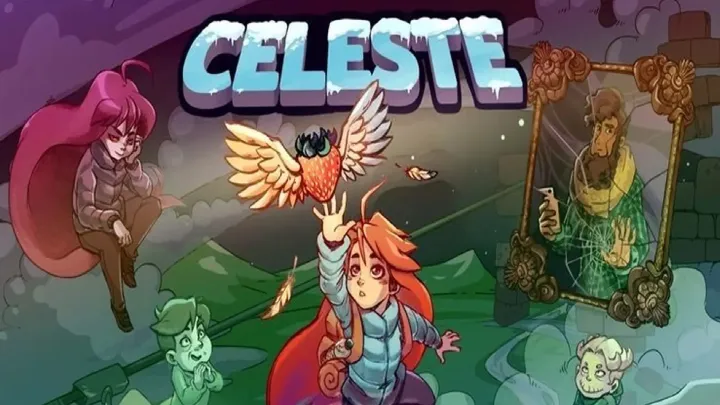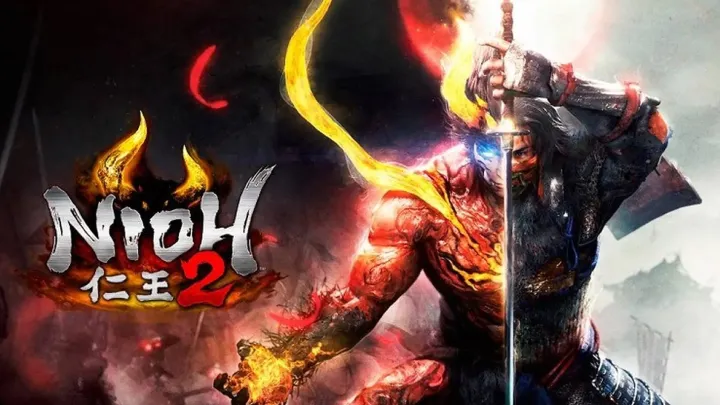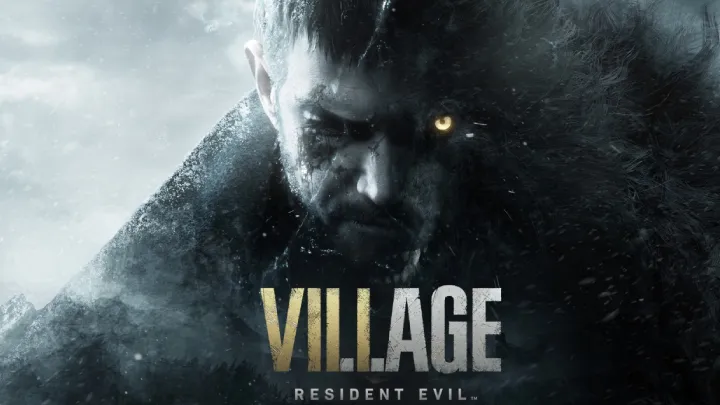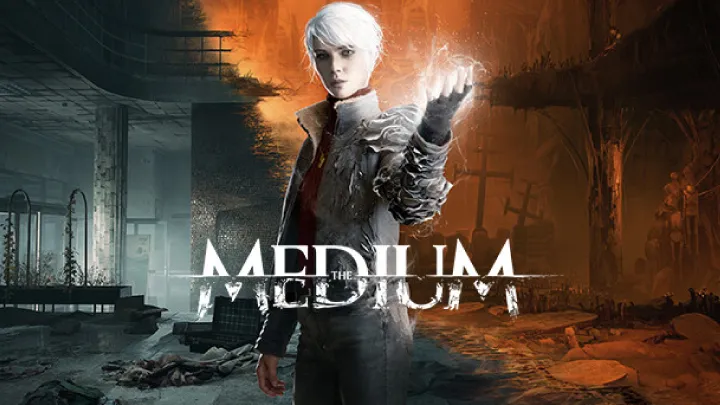
Ghost of Tsushima: Director's Cut expands upon the critically acclaimed original game, offering players a rich narrative experience set in feudal Japan during the Mongol invasion. At the heart of the narrative lies the complex journey of Jin Sakai, a samurai torn between the traditional values of honor and the necessity of adopting new, unconventional methods to save his homeland. This article explores the specific issue of honor and identity in Ghost of Tsushima, examining how Jin's character evolves through his experiences and the choices he makes, ultimately questioning what it means to be a true warrior in a time of crisis.
Setting the Stage: The Historical Context of Tsushima
To fully understand Jin Sakai's journey, one must first appreciate the historical and cultural backdrop of Ghost of Tsushima. The game is set during the Mongol invasion of Japan in 1274, a pivotal moment that profoundly impacts the characters and their motivations.
The Mongol Invasion: A Historical Perspective
The Mongol invasion marked a significant turning point in Japanese history, characterized by brutal warfare and the threat of cultural annihilation. This backdrop creates a sense of urgency and necessity for action among the characters. For samurai like Jin, the invasion represents not only a physical threat but also a challenge to their way of life, values, and identity.
The Samurai Code: Bushido and Honor
Central to the samurai's identity is the code of Bushido, which emphasizes honor, loyalty, and martial prowess. Jin, as a samurai, is initially bound by these principles, which dictate his actions and decisions. However, the Mongol threat forces Jin to confront the limitations of these ideals, setting the stage for his transformation. The tension between adhering to Bushido and adapting to the realities of war becomes a central theme in Jin's story.
Jin's Initial Struggles: The Weight of Honor
At the beginning of Ghost of Tsushima, Jin is portrayed as a committed samurai, deeply influenced by the teachings of his uncle, Lord Shimura. His internal struggle with the concept of honor is immediately evident.
The Impact of Loss
The game's opening scenes depict the brutal slaughter of Jin's family and fellow samurai at the hands of the Mongols. This loss serves as a catalyst for Jin's character development, forcing him to grapple with the concepts of honor and revenge. His desire to uphold the samurai's honor clashes with the harsh realities of his situation, creating a compelling internal conflict.
The Burden of Tradition
Jin’s adherence to the samurai code initially restricts his ability to respond effectively to the Mongol threat. He feels the weight of tradition pressing down on him, as he is taught to face enemies honorably, even when such principles may lead to defeat. This struggle is illustrated through his interactions with other characters who embody different perspectives on honor and survival.
The Catalyst for Change: Embracing the Unconventional
As the story unfolds, Jin's experiences lead him to question the very principles he has held dear. The need to protect his home and loved ones pushes him to adopt methods that diverge from traditional samurai practices.
The Birth of the Ghost
Jin’s transformation into the "Ghost" marks a significant turning point in the narrative. Embracing stealth tactics and guerrilla warfare, he begins to fight against the Mongols in ways that are unrecognizable to his samurai upbringing. This evolution is not just a tactical shift but a profound redefinition of his identity.
The Symbolism of the Ghost
The title "Ghost" signifies both a new identity and the haunting memories of his past. As he embraces this new role, Jin becomes a symbol of resistance against the Mongol invaders, representing the struggle of those who must adapt to survive. This duality of being both a samurai and a ghost highlights the complexity of his character.
Reactions from Others: The Dichotomy of Honor
Jin's shift in tactics elicits mixed reactions from those around him. His uncle, Lord Shimura, represents traditional samurai values and views Jin's methods as dishonorable. This conflict emphasizes the broader societal struggle between maintaining honor and adapting to the harsh realities of war.
The Mentor's Dilemma
Lord Shimura’s perspective serves as a counterbalance to Jin's evolving identity. As a mentor, he embodies the ideals of Bushido, emphasizing loyalty and honor above all else. The tension between Jin and Shimura underscores the generational conflict regarding honor and the necessity of change in the face of overwhelming adversity.
The Psychological Toll: Identity and Guilt
As Jin adopts the persona of the Ghost, he faces not only external challenges but also internal turmoil. The psychological impact of his choices becomes a critical aspect of his character development.
The Weight of Guilt
Jin's transformation comes with a heavy burden of guilt. He grapples with the consequences of his decisions, particularly the lives lost due to his new methods. This guilt manifests in haunting visions and memories, illustrating the psychological toll of his actions. Players witness Jin's struggle to reconcile his samurai upbringing with the brutal realities of his fight against the Mongols.
The Question of Identity
Jin’s journey raises profound questions about identity. As he embraces the Ghost persona, he must confront the implications of abandoning his traditional samurai values. The internal conflict between who he was and who he is becoming creates a rich narrative tension, inviting players to reflect on their own definitions of honor and identity.
The Role of Allies: Shaping Jin's Journey
Throughout Ghost of Tsushima, Jin is not alone in his journey. The allies he encounters play a crucial role in shaping his understanding of honor and identity.
Characters as Mirrors
Each ally Jin meets represents different facets of the struggle between tradition and adaptability. Characters like Yuna, a skilled thief, embody the resourcefulness required to survive in a changing world. Her pragmatic approach to warfare challenges Jin's rigid adherence to honor, prompting him to reconsider his beliefs.
Yuna's Influence
Yuna's character serves as a catalyst for Jin's transformation, pushing him to embrace unconventional tactics. Her background as a commoner who has suffered under Mongol oppression highlights the necessity of adaptability in the face of overwhelming odds. Through Yuna, Jin learns that honor can take many forms and that survival often requires difficult choices.
The Power of Community
The game also emphasizes the importance of community in shaping identity. Jin's interactions with villagers and fellow warriors underscore the collective struggle against the Mongol invasion. This sense of camaraderie reinforces the idea that honor is not solely an individual pursuit but a communal effort to protect and uplift one another.
The Climax of Conflict: Choosing the Path of Honor
As the narrative progresses, Jin's journey culminates in a series of climactic choices that force him to confront his beliefs about honor and identity head-on.
The Final Confrontation with Lord Shimura
The relationship between Jin and Lord Shimura reaches its peak during the final confrontation. This moment serves as a poignant reflection of their differing philosophies. Lord Shimura's insistence on traditional honor clashes with Jin's pragmatic approach, leading to a heartbreaking showdown.
The Emotional Weight of Choice
Players must navigate this emotionally charged encounter, where the implications of Jin's choices become starkly clear. The duel with Shimura is not merely a physical battle but a symbolic struggle for the soul of the samurai code. This moment encapsulates the central theme of the game: what does it mean to be honorable in a world filled with chaos?
The Path Forward: Embracing a New Identity
Ultimately, Jin's choices lead him to embrace a new identity that transcends the limitations of traditional samurai values. He recognizes that honor can take many forms, and that survival may require unconventional methods. This realization marks a significant evolution in his character, as he becomes a figure of resilience and adaptability.
The Aftermath: Reflecting on Honor and Identity
Following the climax, Jin's journey prompts players to reflect on the broader implications of honor and identity in a changing world.
The Legacy of the Ghost
The conclusion of Ghost of Tsushima: Director's Cut leaves players with lingering questions about the nature of honor. Jin's transformation into the Ghost symbolizes a new understanding of what it means to be a warrior. His legacy is one of resilience, adaptability, and the courage to challenge traditional norms.
A Call for Understanding
The game ultimately advocates for empathy and understanding in the face of adversity. Jin's journey invites players to consider the complexities of identity and the choices individuals must make to navigate their circumstances. By embracing a multifaceted approach to honor, Jin becomes a symbol of hope for those struggling against overwhelming odds.
Community Reception: Engaging with Themes of Honor and Identity
The release of Ghost of Tsushima: Director's Cut has sparked discussions within the gaming community regarding its portrayal of honor and identity. Players have shared their interpretations of Jin's journey, reflecting on the game's deeper themes.
Positive Feedback on Character Development
Many players have praised the game for its nuanced exploration of character development and moral dilemmas. Jin's internal struggles resonate with individuals who have faced similar conflicts in their lives, making his journey relatable and impactful. The game's ability to tackle complex themes within an engaging narrative has garnered significant acclaim.
Critiques and Calls for Depth
Conversely, some players have expressed a desire for even deeper explorations of honor and identity. While the game offers a rich narrative, there is an acknowledgment that the complexities of moral choice cannot be fully captured in a single story. This feedback emphasizes the need for ongoing conversations about honor, identity, and the choices individuals make in times of crisis.
Conclusion: The Enduring Impact of Jin Sakai's Journey
Ghost of Tsushima: Director's Cut offers a profound exploration of honor and identity through the journey of Jin Sakai. By navigating the complexities of traditional samurai values and the necessity of adaptation, Jin's character evolves into a symbol of resilience and understanding. The game’s narrative invites players to reflect on their own perceptions of honor, encouraging empathy and introspection. As the gaming industry continues to evolve, the themes presented in Ghost of Tsushima will undoubtedly resonate with future narratives, reinforcing the importance of adaptability and compassion in the face of adversity.
